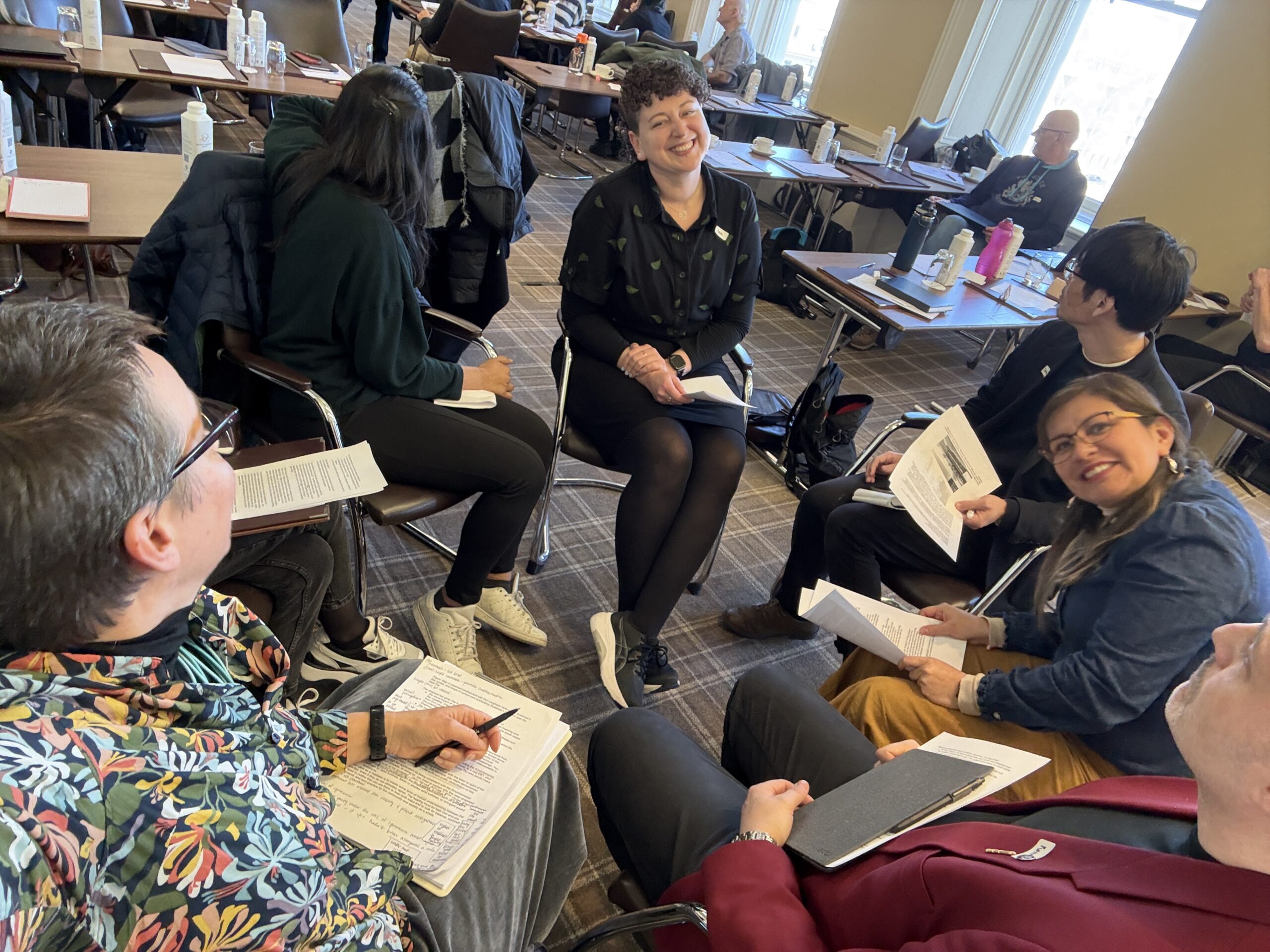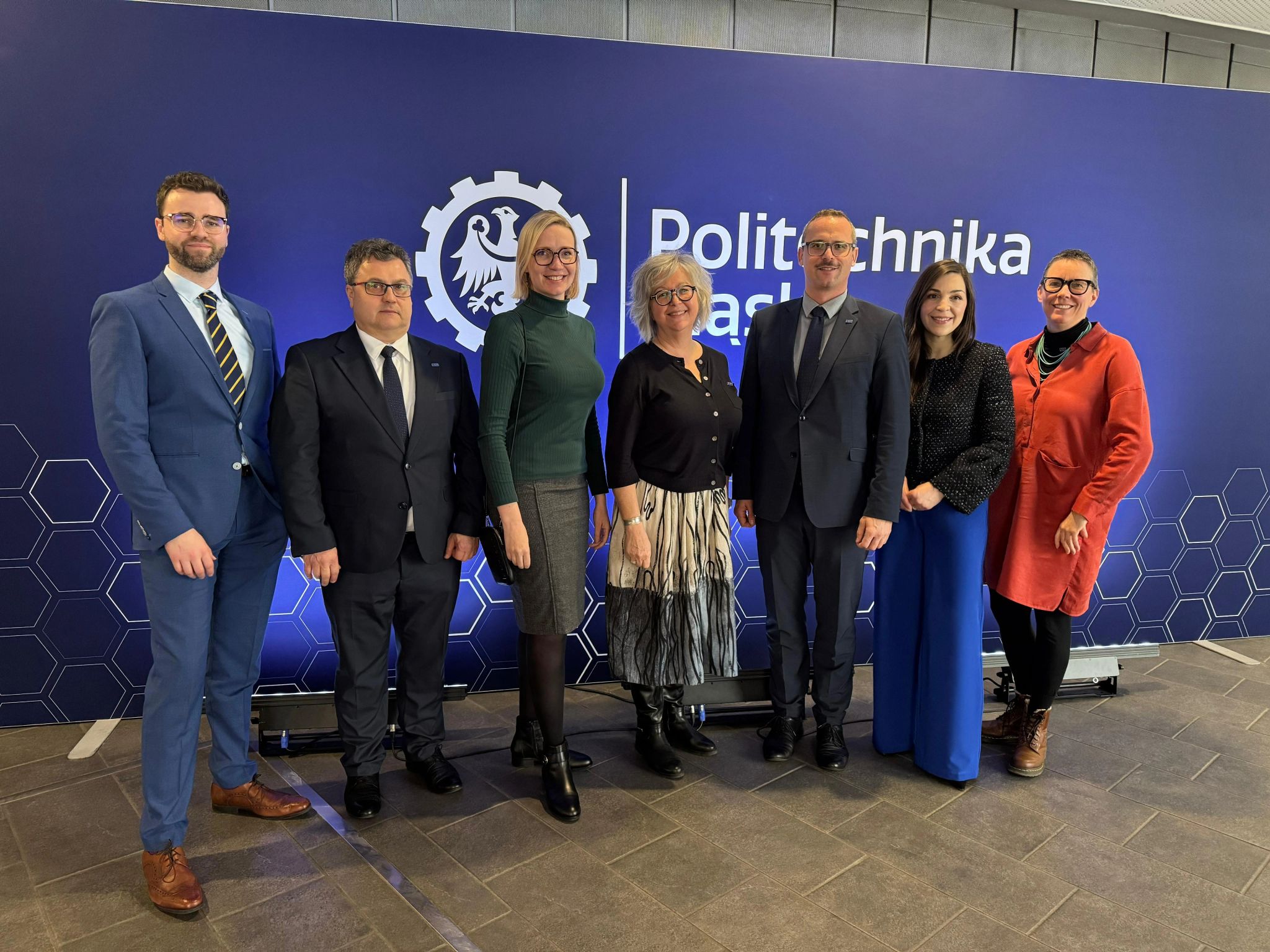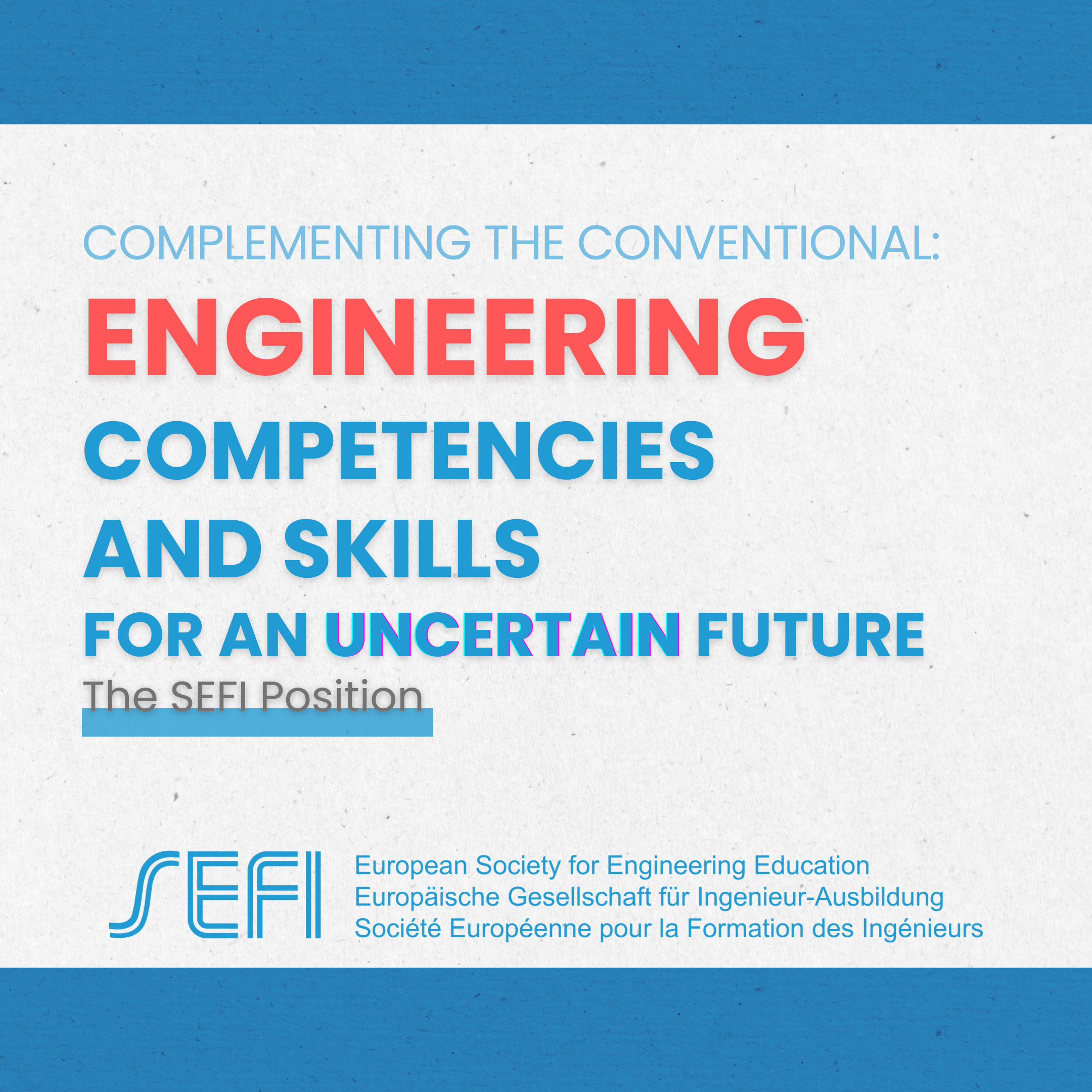From 24 to 26 March, 35 delegates from around the world gathered at the Royal…

Patrice Chazerand (Digital Europe, Belgium)
My work at DIGITALEUROPE and with the Global Digital Foundation, also as a member of the scientific committee of AI4People, keeps honing a strong interest in how engineers have been shaping our lives since software started “eating the world”, in the words of Marc Andreessen.
Being no philosopher, I nonetheless have a feeling that their inclination to fit wide-angle lenses to take the long view complements engineers’ passion for drilling a path, however narrow and challenging, towards problem-solving.
Let’s call a few visionaries to the rescue.
Antonio Damasio charges Descartes with opening the floodgates to algorithms: by drawing a divide between body and mind, he invited ‘disembodied minds’ (Damasio’s speak for algorithms) to emulate our ‘body-minded brains’.
Fellow French thinker Pascal may dispel any confusion: however adept at outrunning man’s spirit of geometry, IT systems will never match his spirit of subtlety.
As if foreseeing our ‘Need for Speed’, Paul Valéry cautioned in 1926 against the intoxication by haste. Critically, AI expert Virginia Dignum seems to echo this misgiving by submitting that AI’s direction of travel matters more than how fast we’ll get there.
Closer to home
Upon observing Man crowded out of the center through no less than four successive revolutions led by Copernic, Darwin, Freud and Turing respectively, Professor Floridi designed two recommendations: never give up on the power of language and switch focus from isolated individuals to interpersonal relations. Indeed, our egregious cult for quantification has sent proper, accurate language in a tailspin. If Camus was right about « misnomers adding to the world’s misery”, we’d better mind Floridi’s advice to « semanticize » without moderation, by coining new words if need be, like he did with « onlife » : keeping up with the crown jewel of our cultural legacy will allow mankind to stay the course, like the spider makes sense of its homegrown web, or like the oyster creates a pearl out of external inputs. Otherwise, we may fall prey to those assigning meaning to each and every elementary particle in us, aka data, even though the whole stack, aka ourself, is unable to make sense out of it, thus to keep a sure hand on the tiller while navigating towards his future.
It’s the education, stupid !
Getting digital ethics right is a matter for education: digital tools are here to help. Referring to the single example that I know best, in 2008 the Interactive Software Federation of Europe co-designed guidelines for online game providers jointly with the Council of Europe: https://rm.coe.int/16805a39d3 Although training sessions were duly organized thereafter, nothing beats learning by doing: taking students for a dive into ethically loaded challenges instead of force-feeding the whole text of the European Convention on human rights down their throat looks more effective. Several universities have been working on challenge-based learning and other activating tools in engineering ethics education, unlocking pent-up creativity.
The future seems to belong to multidisciplinary cooperation between visionaries and problem-solvers.
Patrice can be found at https://twitter.com/jedichaz


